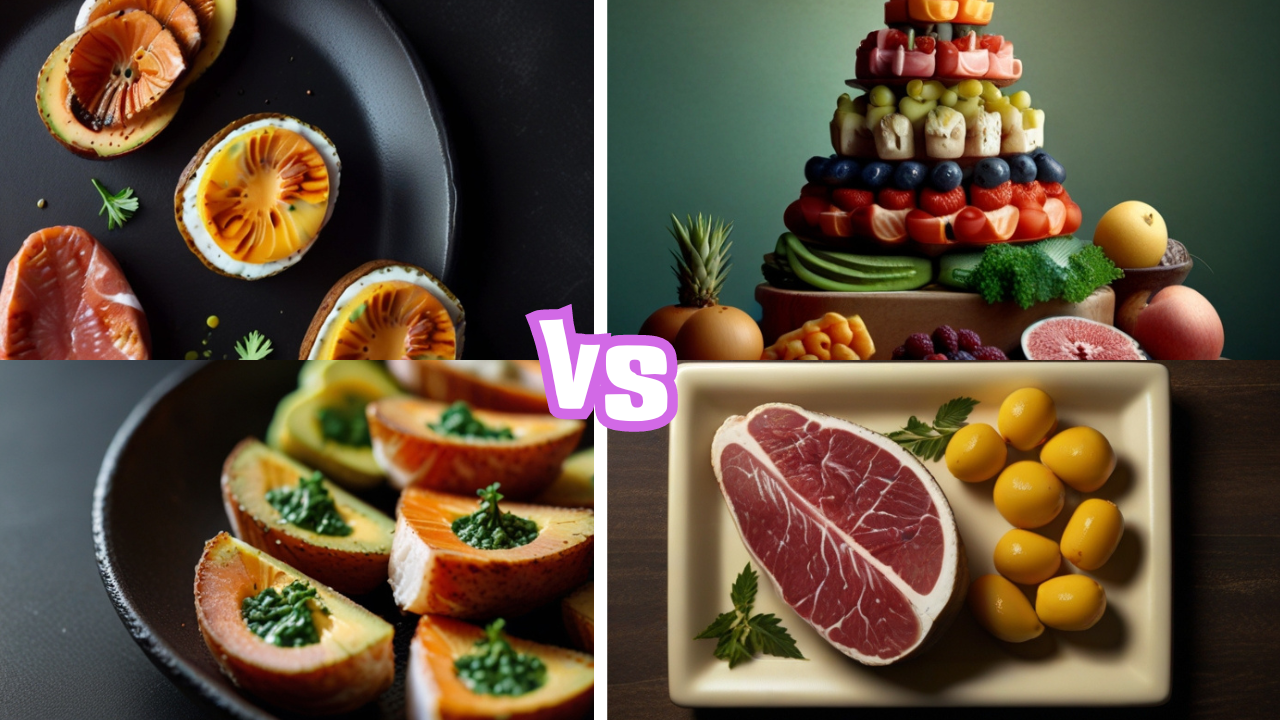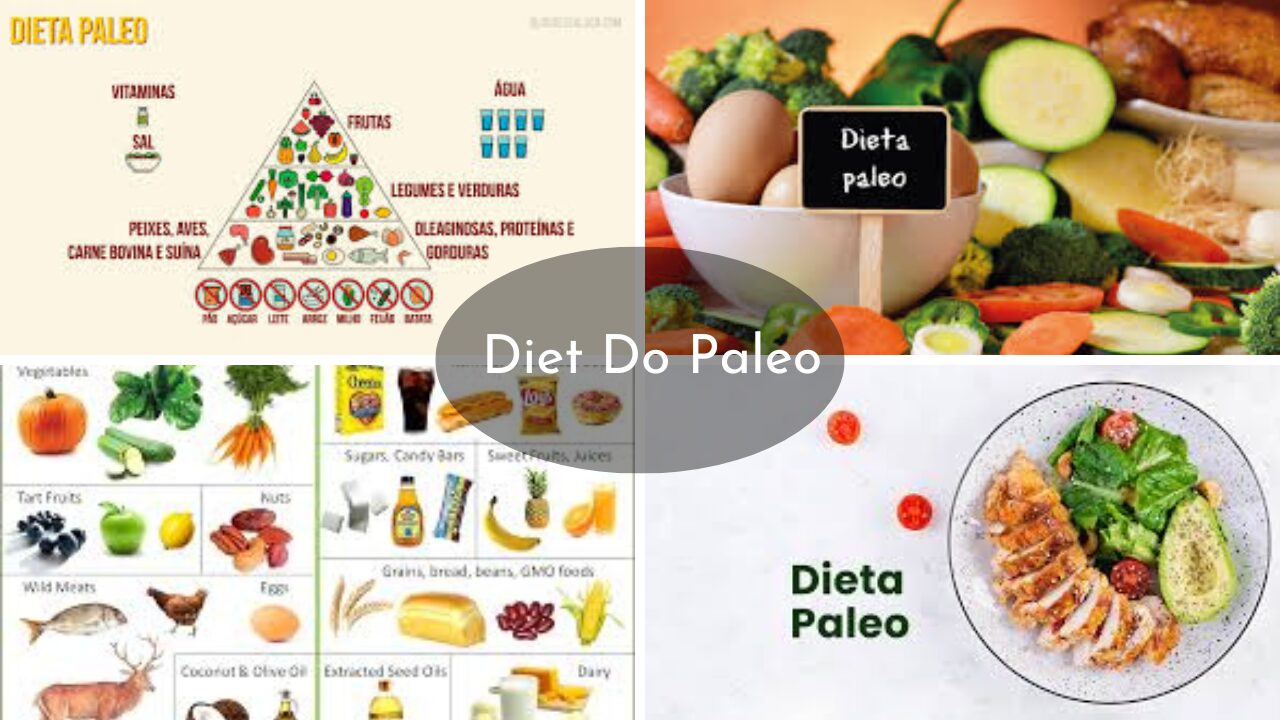Paleo Diet vs Keto
Introduction
In the realm of health and nutrition, two popular dietary approaches have gained immense traction: the Paleo diet and the Keto diet. Both have garnered significant attention for their potential benefits, yet they differ in their principles and effects on the body. Let’s delve into the nuances of the Paleo diet versus the Keto diet to help you make an informed decision about which one aligns best with your health goals.
Paleo Diet
What is the Paleo Diet?
The goal of the Paleo diet, which is also called the caveman diet or the Paleolithic diet, is to eat the same things that people did a long time ago. The diet includes lean meats, fish, fruits, vegetables, nuts, and seeds, while excluding processed foods, grains, dairy, and legumes.
Key Principles of the Paleo Diet
- Emphasis on whole, unprocessed foods
- High intake of lean proteins and fiber-rich vegetables
- Avoidance of grains, dairy, and refined sugars
- Focus on natural fats from sources like avocados and nuts
Pros of the Paleo Diet
- Supports weight loss due to reduced processed food intake
- Emphasizes nutrient-dense foods for overall health
- Maybe increases insulin sensitivity and blood sugar control
- Suitable for individuals with gluten or lactose intolerances
Cons of the Paleo Diet
- Eliminates entire food groups, potentially leading to nutrient deficiencies
- Maybe hard to stick to over term due to significant dietary restrictions
Keto Diet
What is the Keto Diet?
Keto diet, short for ketogenic diet, is a high-fat, low-carb diet designed to cause ketosis in the body. Instead of using glucose from carbs as its main energy source, a body in ketosis uses ketones produced from lipids.
Key Principles of the Keto Diet
- Drastically limits carbohydrate intake to induce ketosis
- Focuses on high-fat foods like avocados, oils, and fatty cuts of meat
- Moderate intake of protein to prevent muscle loss
- Strict avoidance of sugars, grains, and most fruits
Pros of the Keto Diet
- Rapid weight loss due to fat-burning effects of ketosis
- Helps control appetite and cravings by stabilizing blood sugar levels
- Can raise HDL cholesterol and other metabolic health indicators.
- Beneficial for certain neurological conditions like epilepsy
Cons of the Keto Diet
- Initial side effects like fatigue and “keto flu” during transition to ketosis
- Requires meticulous tracking of macronutrients to maintain ketosis
- Long-term effects on cardiovascular health still under investigation
Choosing Between Paleo and Keto
Factors to Consider
- Health Goals: Determine whether your primary aim is weight loss, improved overall health, or management of specific health conditions.
- Dietary Preferences: Assess your preferences regarding food variety, flexibility, and restrictions.
- Medical Considerations: See a medical practitioner, particularly if you are currently experiencing health problems or have dietary concerns.
Recommendations
- For Weight Loss: Keto could help you lose weight more quickly at first, but since it emphasizes complete meals, Paleo offers a better long-term solution.
- For Overall Health: Paleo is generally more balanced and easier to maintain long-term, promoting a diverse intake of nutrients.
- For Specific Conditions: Keto may be beneficial for epilepsy or certain metabolic conditions, while Paleo suits individuals with gluten or dairy sensitivities.
FAQs about Paleo Diet VS Keto
1. Is the Paleo diet low-carb like Keto?
- While both diets limit carb intake, the Paleo diet focuses on food quality and excludes grains and legumes, whereas Keto strictly restricts carbs to induce ketosis.
2. Can I combine aspects of Paleo and Keto diets?
- Yes, you can customize your eating plan by incorporating elements from both diets, such as prioritizing whole foods while keeping carbs low.
3. Which diet is better for athletes or active individuals?
- Athletes may benefit from a modified Paleo diet with sufficient carbohydrates for energy, while Keto may require adaptations to support high-intensity workouts.
4. Do long-term Paleo or Keto adherents run any risks?
- Long-term adherence to either diet may lead to nutrient imbalances if not carefully planned, emphasizing the importance of variety and monitoring nutritional intake






